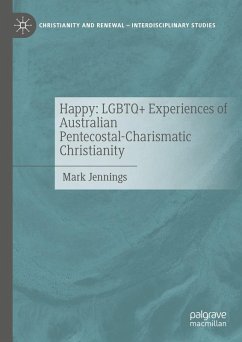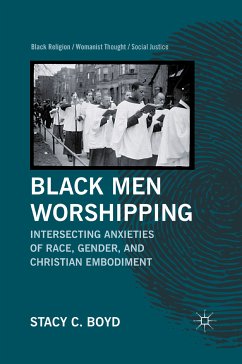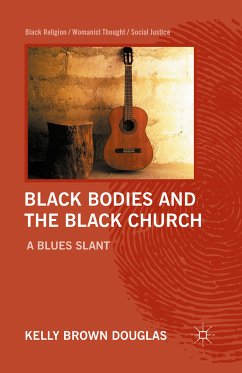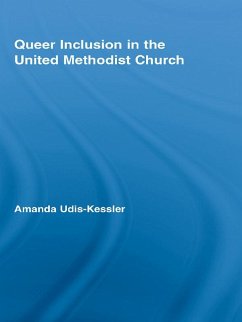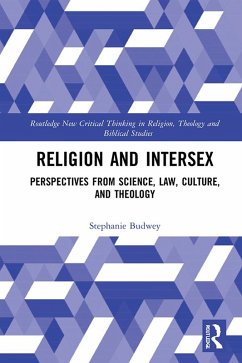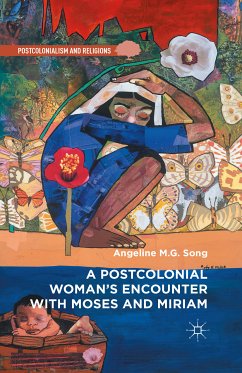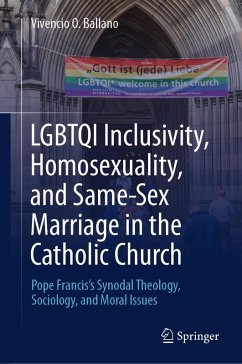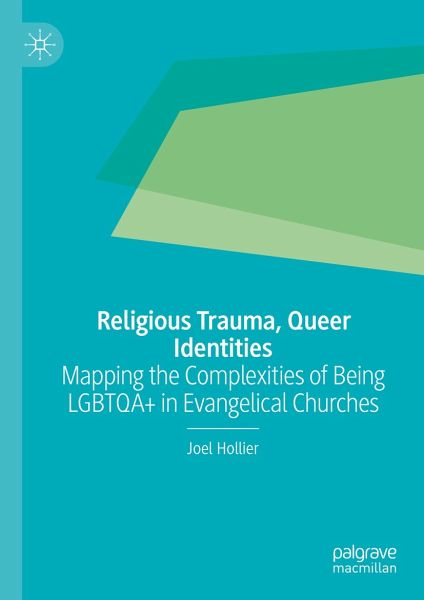
Religious Trauma, Queer Identities (eBook, PDF)
Mapping the Complexities of Being LGBTQA+ in Evangelical Churches
Versandkostenfrei!
Sofort per Download lieferbar
112,95 €
inkl. MwSt.
Weitere Ausgaben:

PAYBACK Punkte
56 °P sammeln!
In a polarised milieu that too often posits "queer" and "Christian" as competing realms, this book explores the complexities of identity development, religious traumatisation, and the task of creating safe faith spaces in which LGBTQA+ people can find healing, particularly in the Evangelical context. First, Joel Hollier examines the historical path of Evangelicalism, providing context for the current terrain of the "culture war" we find ourselves in. He then parses out experiences of gender/sexuality and religious/spiritual identity development, grounding them in an evolving theoretical base. ...
In a polarised milieu that too often posits "queer" and "Christian" as competing realms, this book explores the complexities of identity development, religious traumatisation, and the task of creating safe faith spaces in which LGBTQA+ people can find healing, particularly in the Evangelical context. First, Joel Hollier examines the historical path of Evangelicalism, providing context for the current terrain of the "culture war" we find ourselves in. He then parses out experiences of gender/sexuality and religious/spiritual identity development, grounding them in an evolving theoretical base. Finally, Hollier offers a rounded critique of Evangelical church structures and mechanisms of trauma that hinder the healing process, along with potential sources of healing. Central to this work are the voices of LGBTQA+ people whose stories weave together a deeper understanding of the harms the Church has perpetrated, and the path forward.
Dieser Download kann aus rechtlichen Gründen nur mit Rechnungsadresse in A, B, BG, CY, CZ, D, DK, EW, E, FIN, F, GR, HR, H, IRL, I, LT, L, LR, M, NL, PL, P, R, S, SLO, SK ausgeliefert werden.



